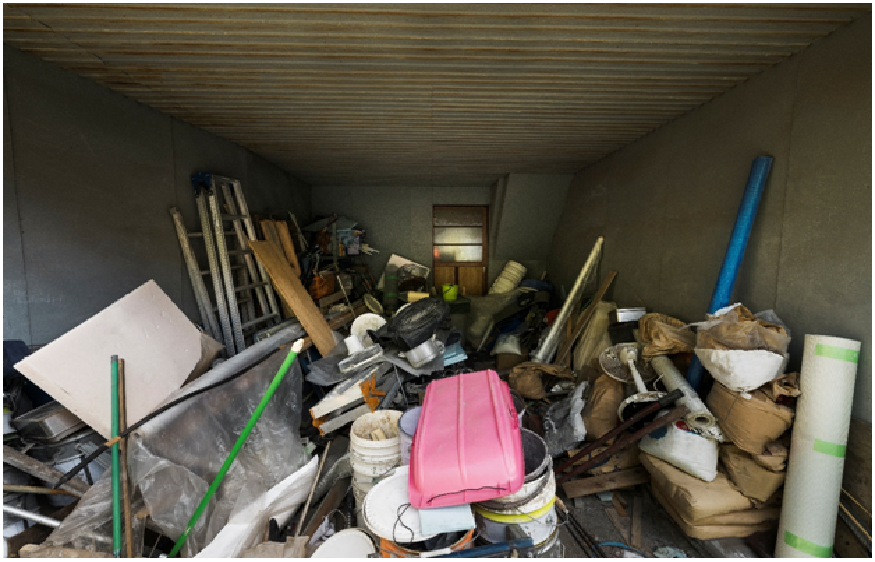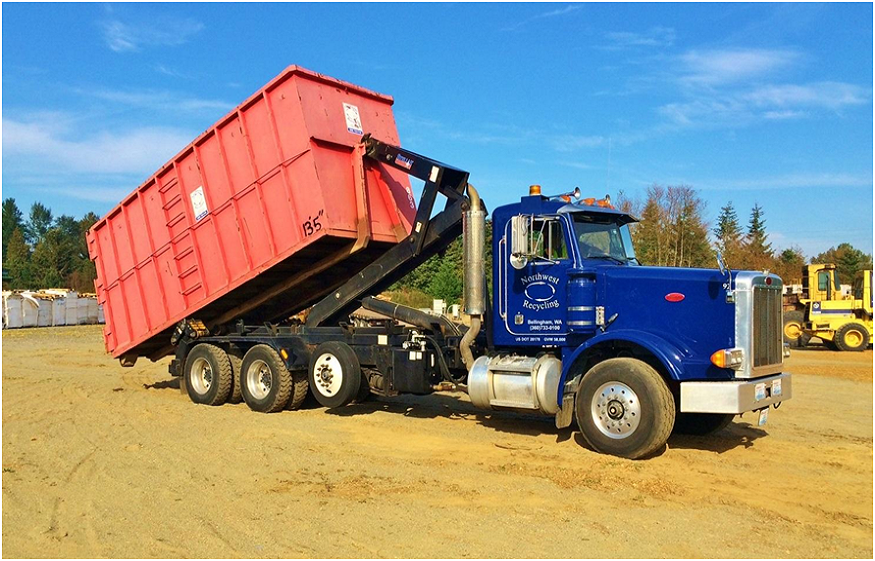Cleaning out a room or a whole house doesn’t take days if you are organized like a pro. They are able to finish the job rapidly because they use simple systems that are teachable. With a few new habits, you’ll work quickly, learn to make better keep-toss decisions and save your back (and your money). Here’s how to achieve professional results in your next project. You don’t need fancy equipment. Just a repeatable set of systems.
How Pros Stay Organized
The pros don’t start lifting. They start with planning. A five-minute walk-through gives them a layout of work needed and a starting point. They also use visual clues to let people know where things are to go. Build this structure before you touch a box, and stress drops noticeably.
- Make a fast walk-through: Walk each room and make notes of hazards and set a goal to be simple: clear the floor of stuff or empty two bookcases.
- Make zones: Mark or put tarps down in four zones-Keep, Donate, Recycle, Trash-so every item has its destination known.Click here for more helpful tips.
- Label like a warehouse: Use bold letters and large print for labels on containers and boxes. Room + what it is worked well, (“Kitchen-Bakeware”).
- Time box your effort: Work in 25to30minutes time frames with five-minute breaks to relabel and return items to their zones.
- Always stage exits: Keep passageways clear from farthest distance to the exit door so hauling becomes safe and efficient.
Efficient Sorting Tricks
The greatest slow-down occurs because of indecision. The pros suggest the one touch rule–touch every item once, decide, and put item in a zone. Starting with big-to-small (always furniture and bulk), to win back both floor space and momentum can be done. This applies, too, to estate cleanouts, for which you might want a quick decision scheme: keepsakes and legal stuff first, donate/sell second, rest last, to avoid second-guessing yourself.
Keep a list of local aids — a recycling depot you like, donate drop-off, or buy-nothing group, so that “donating” isn’t vague but can become a specific place to go. Put a hard ceiling on keepsakes (one memory box per person, say), to make a true decision easy.
Packing And Hauling Tips
Packing well takes into account weight, visibility, and safety. Think “move the air out of the boxes”: fill in voids, so nothing shifts, and keep the in-weight items on the bottom. When it comes time for hauling things out, run it like a small hauling service: group by destination, ratchet secure, move fast, keep pathways clear.
If you’re in the King of Prussia area, and you want big-stuff aid, call in a local pro, such as a demolition contractor Swedeland partner or clean-out crew, like All Around Removal King of Prussia:
- Pack by destination, not type: “Bedroom — donate,” or “Garage — keep,” not random mixed boxes.
- Right-size boxes: books in small, linens in large. Keep them under a weight that is comfortably liftable.
- Bundle awkward items: strap rakes, mops, and curtain rods together, shrink-wrap drawers so contents don’t shift.
- Heavier and more stable first-Off will sit better appliances and heavier boxes against bulkhead, then softer lighter things on top.
- Protect pathways and transport: Ram Board or Blankets, moving blankets on tth floor; guards at corners, hand truck.
Reducing Cleanup Stress
You clean faster when your brain isn’t on fire. Simplify the decisions by writing down three ”auto-answers” for yourself on a note card: “Broken? Toss,” “Duplicate? Donate,” “Haven’t used in 12 months? Let it go.” Make the chores a routine, doing them at the same time with the same music, the same starter performance, so that your body knows what to do before your brain catches up.
If a pile brings flashbacks, set the timer to sort until it goes off, then switch to an easy win by disposing of the trash. Set an off-ramp for your cleanup: plan a junk picnic or a donation drop-off so you end with open, clean space, rather than more piles in the hall.
Why Speed Matters
Speed has nothing to do with hurrying things up but more with reducing friction. The longer the stuff is there, more time you are being made to walk around it, pay for its storage, and make decisions repeatedly. A good speed also is much less conducive to having trips or back strains there being more chances in clearing the pathways.
When you’re renting a vehicle or a dumpster rental (see https://en.wikipedia.org/wiki/Dumpster to know more about dumpster), speed turns into real savings measured in days or dollars.Speed can be marker for opportunity to find repeated tools and supplies before more of them are purchased.
- It protects morale: a quick win makes one feel capable, and one wants to be back at it for the next.
- It saves money: not so many of those billable hours of help, few extensions of rentals and races back from the place to go with.
- It lessens risk: on clear floors, the lifts are lighter, and it reduces chances of late-night pushes of things. Fewer injuries.
- It detracts from backsliding or it avoids skidding: Items land in their final homes before they can wander into new “maybe” piles.
If these habits are summed altogether, then will it become working like a compact crew, clear zones, distinct choices, tight packing, steady go forwards. And with heavy loads on them also, at a time also stronger than themselves. Along All these things: Clear zones, confident choices (real sales etc.), tight packing, steady advancement. Bring your system to end, you have a finished clean, empty feel. Less so it seems a struggle less it seems like a question of plan.
With knowledge so it will be possible to do things much quicker now, or it will be possible to clean spaces in a matter of hours rather than days till it goes clean into regular (timed) working, where there are proper visible control and flow.


